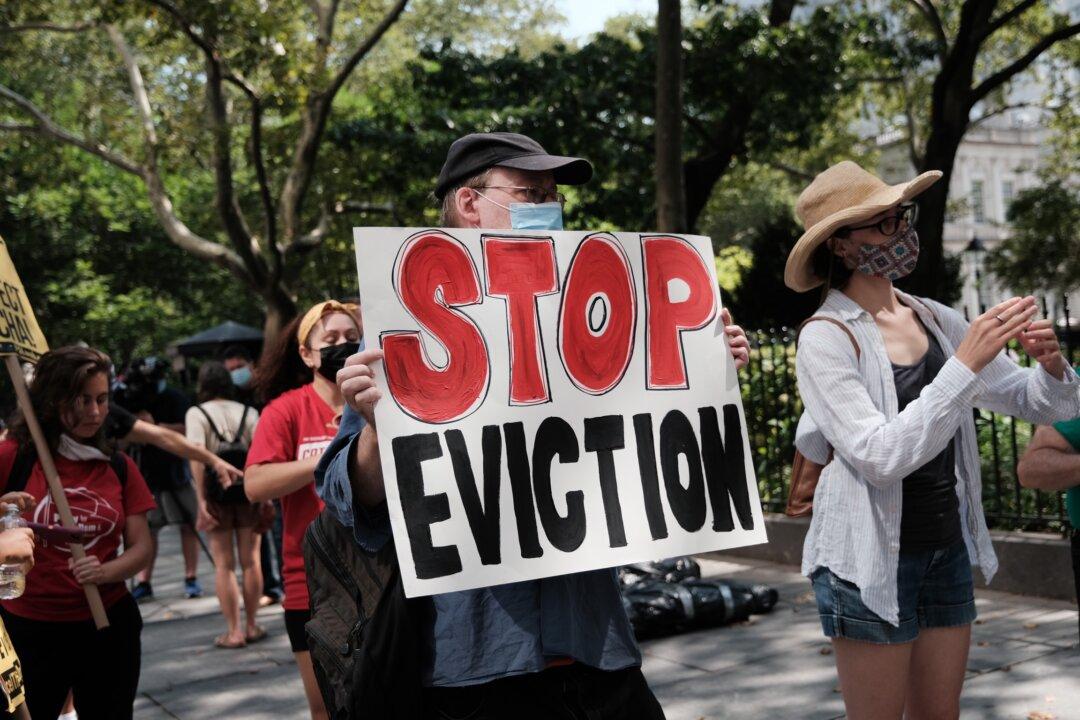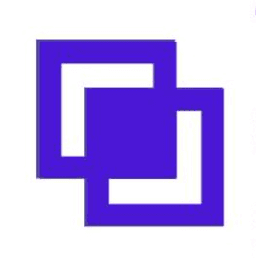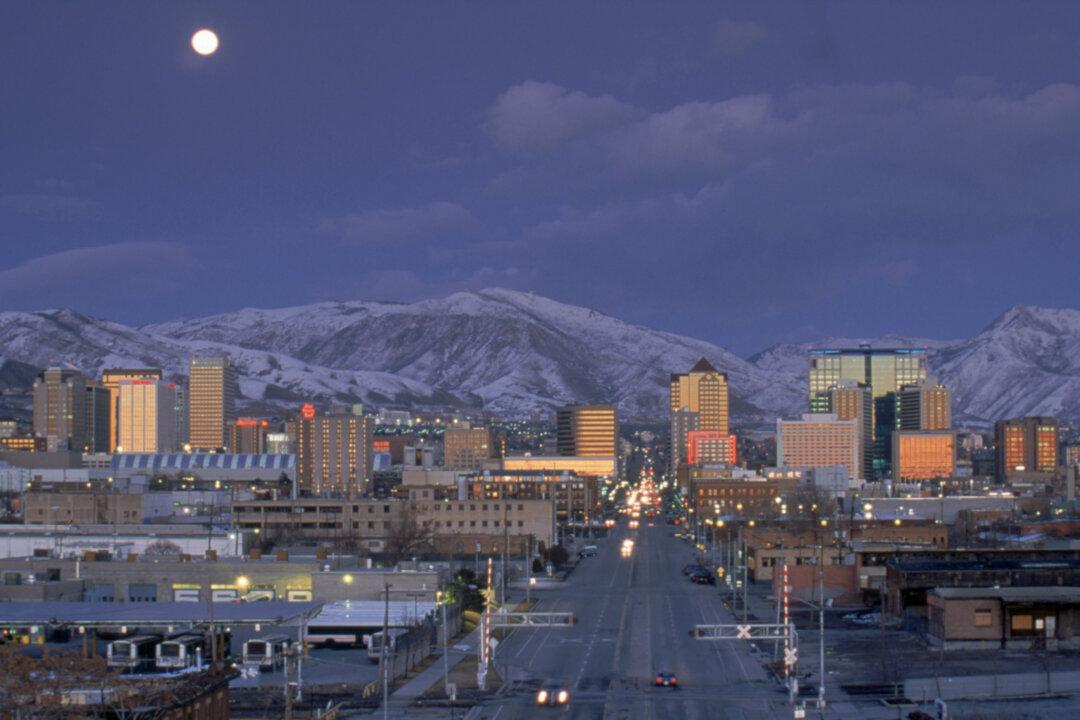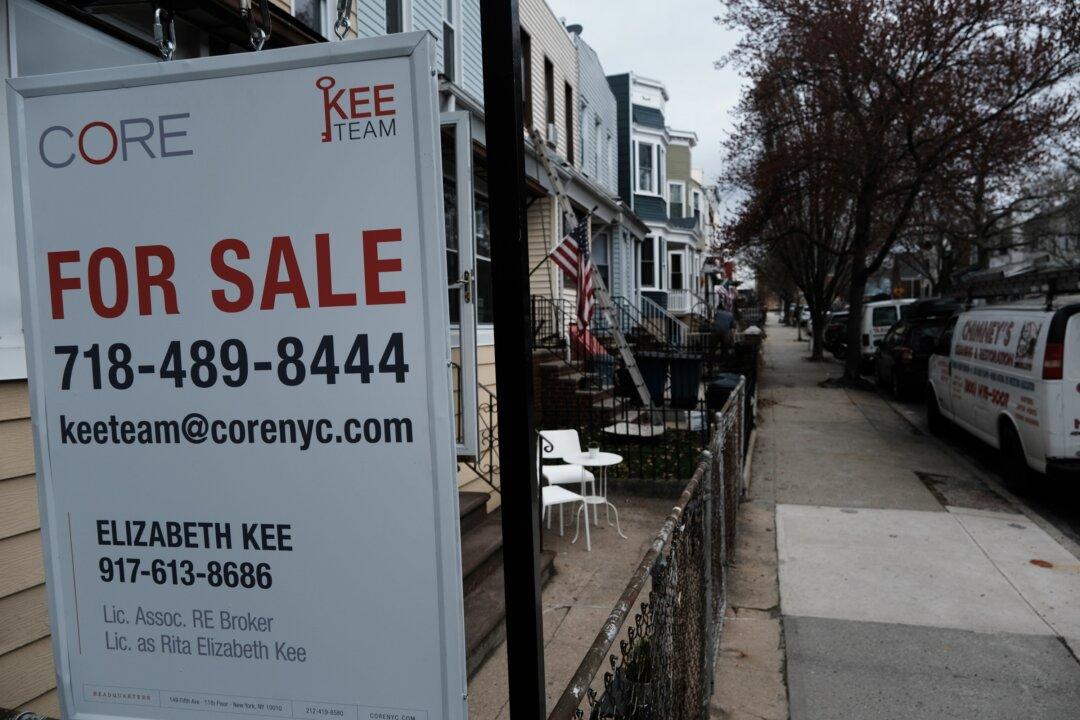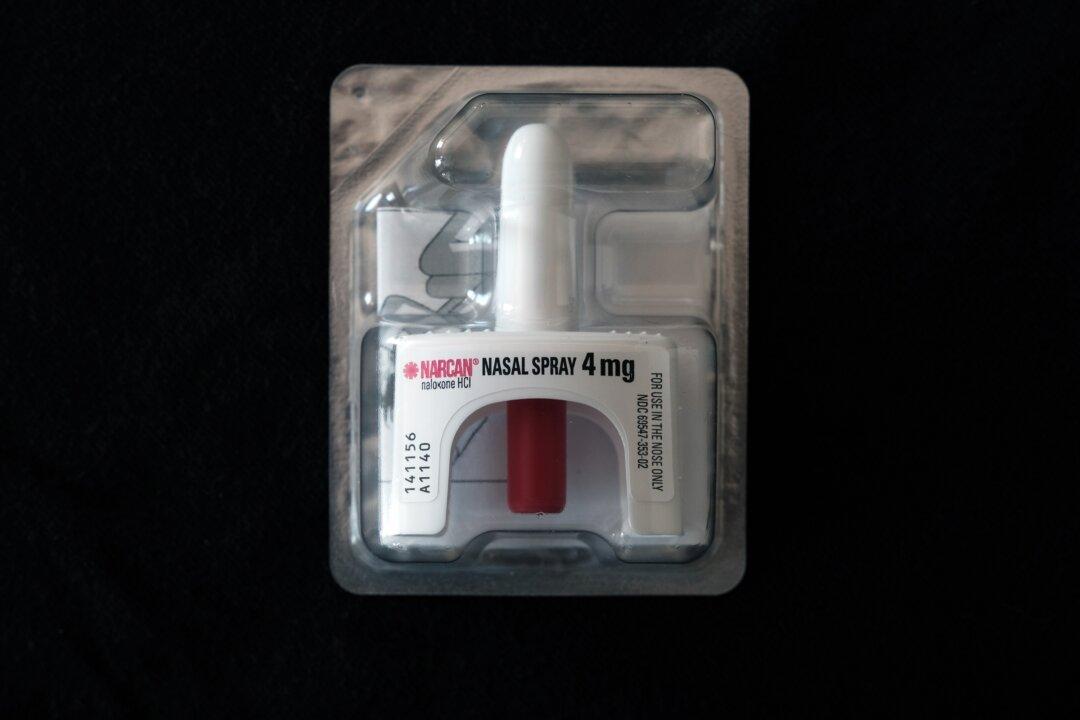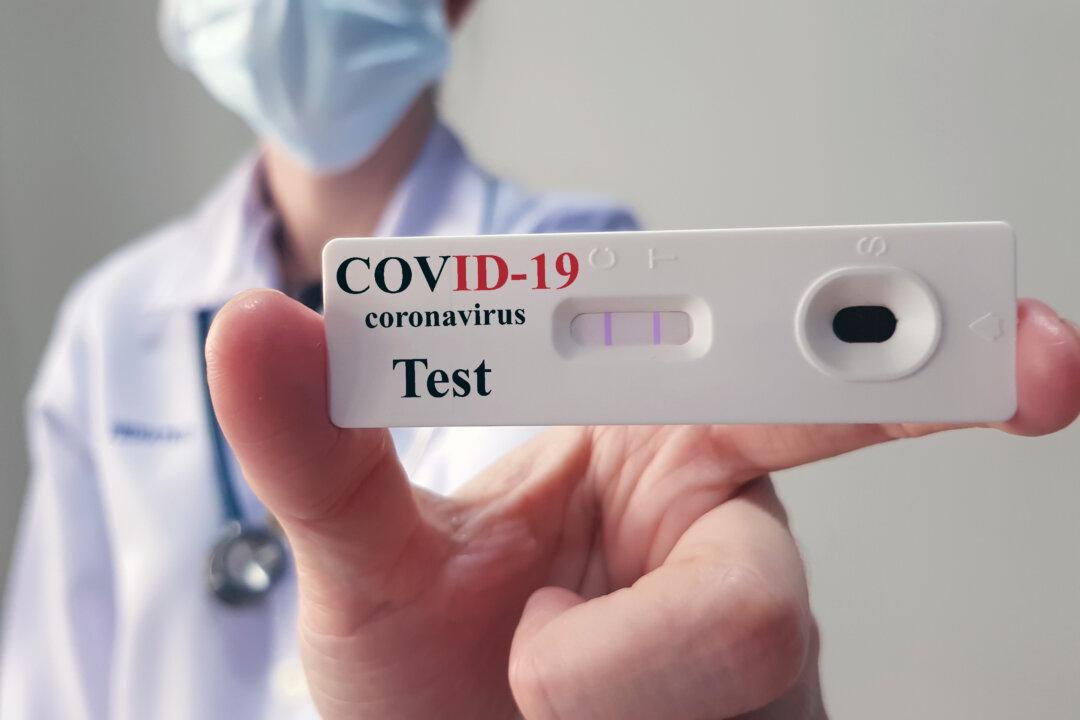Illinois’ mom-and-pop landlords say the end of the eviction moratorium that was put in place to protect people who lost their jobs or got sick during the COVID-19 pandemic can’t come soon enough. Too many property owners are struggling with tenants who have racked up thousands of dollars in back rent balances, said Paul Arena, director of legislative affairs for the Illinois Rental Property Owners Association (IPOA).
“Everyone is extremely upset by the moratorium and the philosophy that housing providers should bear the burden of this,” Arena told Illinois Radio Network.
